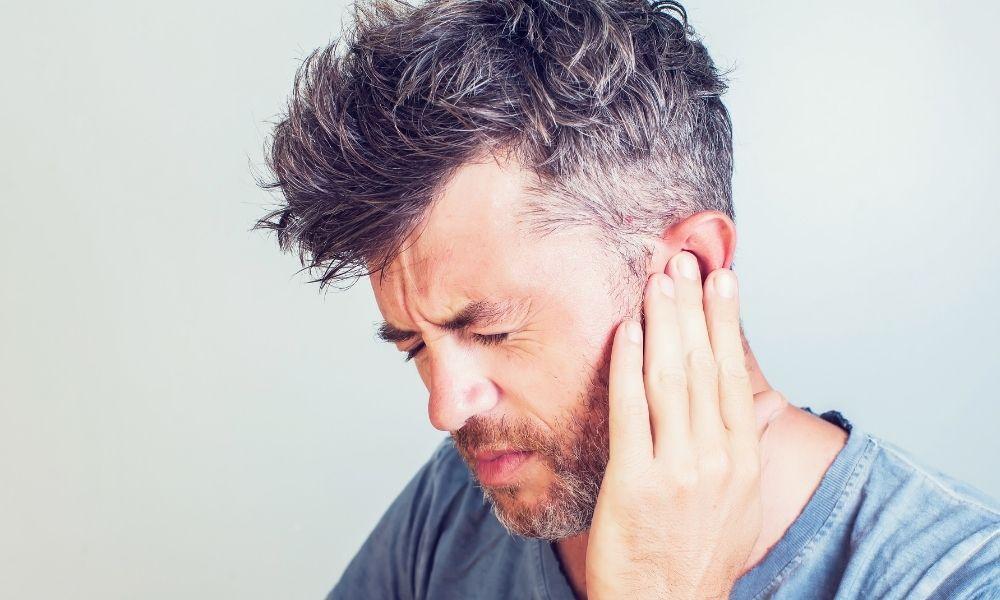Ear problems are among the most prevalent ENT disorders. They are unpleasant and uncomfortable in children but not a cause for concern if they subside after a few days. However, if the ear problems don’t disappear on their own, you may be dealing with symptoms of bigger underlying issues.
Here are 4 common causes of ear problems worth learning.
1. Ear Infections
Ear infections are the most common form of ear pain, especially in young children. Infections cause discomfort in children but clear after a few days. Ear infections can affect the outer and inner ear. It is important to differentiate between the two.
2. Inner ear infections:
Also referred to as otitis media, children are extremely vulnerable to inner ear infections. They affect the inner tube, known as the Eustachian tube, which connects the back of the nose to the eardrum. Inner ear infections are common in children because their Eustachian tubes are smaller than in adults. They are often caused by colds and flu.
How to Treat Inner Ear Infections: These infections often clear out on their own in as little as 3 days. This means you won’t necessary have to visit a doctor to get treatment for the infection. If the infections don’t clear up after a few days or if you notice fluid being discharged from the ear, you may have to take antibiotics prescribed by your doctor.
3. Outer Ear Infection
Outer ear infection often affects adults between the ages of 45 to 75. Outer ear infection is caused because the skin of the canal gets infected by bacteria, yeast, or fungus. It may also be caused due to external irritations such as hearing aids and earplug. It is mostly common in people who suffer from skin problems such as psoriasis, dermatitis, and eczema, but also in people who are avid swimmers.
How to Treat Outer Ear Infections: Patients may be prescribed eardrops to address different types of outer ear infections. For example, antibiotics are commonly prescribed for bacterial infections, steroids are prescribed to reduce swelling, and antifungal drops will be prescribed in the case of a fungal infection.
Caution: Do not put objects inside your ear to remove earwax, this includes cotton buds and even your own finger. If you plan on swimming for long periods of time, make sure to cover your ears with a swimming hat.
4. Ear Congestions (also known as ears popping)
Ear congestions develop when the Eustachian tube becomes clogged. Patients will feel fullness and pressure in their ears. They may also hear muffled hearing and experience slight ear pain. Ear congestion symptoms can be caused by problems in the ear canal and middle ear that affects the eardrum (also referred to as the tympanic membrane).
How to Treat Ear Congestion: Common treatments include gently blowing over the nose, using a nasal rinse, or taking a nasal decongestant. Doctors advise patients to avoid using irritants such as smoking and encourage using humidifiers to prevent dry air from irritating the nasal passage. Remaining hydrated is a surefire way of treating nasal mucus, which is the primary cause of ear congestion.
If your ear is giving you too many problems, visit https://www.healthonemedicine.com or call (469)262-5762 to make an appointment with a physician at Health One Family Medicine.

